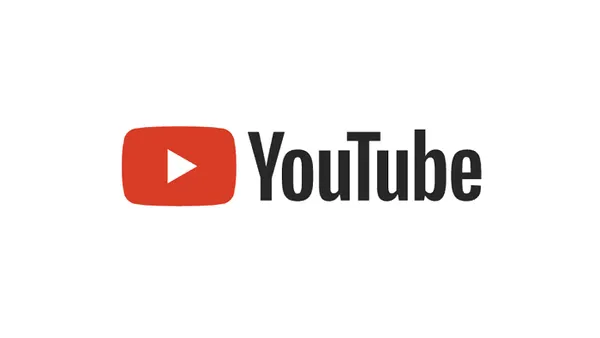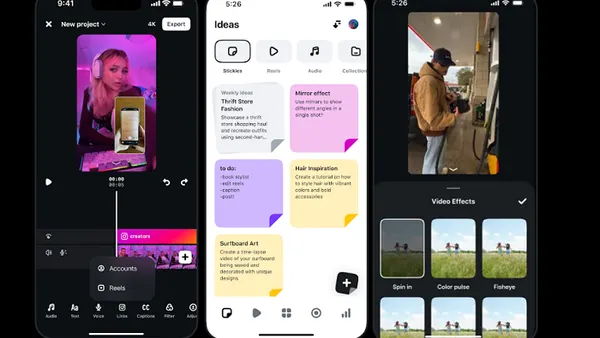As with most things, the more you know about social media and online community, the more you realize you don't know. What's more, you can't know everything, because there's just too much stuff going on.
So how can you keep up and find out about developments that are genuinely going to be useful to you and your small business?
Here, I'm going to lay out a few strategies for managing the flow of information resources about social media. In a followup post, I will do a linkdump of Web sites and RSS feeds that I keep track of.
* First off, don't despair. There's a lot going on in every corner of the Internet, and there are even more people writing about it. You're not going to catch everything. Just accept that.
Especially in the beginning, you just want to learn the lingo and build a base of knowledge. That way, when someone says something is "the next Twitter/Yelp/Friendster/Firefly/whatever", you'll have a sense of what's going on.
* That said, recognize that the people in the echo-chamber-y bits of the social media ecosystem â€" the a-listers, consultants and talking heads who cover social media, Internet, and online community topics â€" a lot of the time, end up talking about the same things (at least, for the "big" stories.) You don't have to read about the same story on four different blogs, especially if they're all feeding off the same secondary source or press release. Read one, and skip the rest, unless you find one with special insight, or a unique perspective that separates it from the others.
How will you know this? It'll take a little while to get familiar, but you'll start to get a feel of where people are coming from, what they specialize in, and when they've got something different to say.
(This might be a little too inside baseball-ish, but you'll also get a feel for which sources update on East Coast time, versus West Coast. It goes back to not having to read the same stories twice.)
* Next, don't worry if you miss something the first time... or even the first few times. The people who write about online stuff are inordinately focused on the next new shiny thing. If something is important, it'll come up again... especially if the first mention was about a closed beta, or a pre-announcement that's meant to generate buzz.
* Make sure you get a sampling of viewpoints and opinions. You want to get perspectives from all around, from the very technical, to the very business-oriented; hard facts, rampant gossip, and so on. The snarky and sarcastic viewpoints, besides being entertaining, can pop the bubble of self-referential groupthink that sometimes forms around groups of like-minded people.
* Use the right tool for the job. I use a combination of RSS newsreader and regular Web browser. Scanning RSS feeds in a newsreader is a good way to focus in on specific stories, and to winnow down the list of things I might be interested in seeing more about.
In other instances, I use the good ole Web browser to get a wider view of things â€" it exposes me to sidebar stories, comments, and other things I might not normally see inside an RSS newsreader. (It's the whole serendipity factor.) Figure out which tool is better for the particular source you're following and your own personal preference and reading style.
* Dig down a level - find useful sources, and then see where they get their information; who they link to, follow, or blogroll. In the short term, that will grow your list of potential sources, but in the longer run, it'll help you focus in on ones that are truly useful.
Okay, enough with the platitudes â€" in my followup entry, I will post a linkdump of examples of social media and online community resources that you can build on, and so you can tell me what a dunce I am because I left out so-and-so.
How do you manage the flow of information and happenings in social media and online community topics? Got advice for people who are looking to get informed? Share a tip, trick, or tool in the comments, and stay tuned for part 2.









